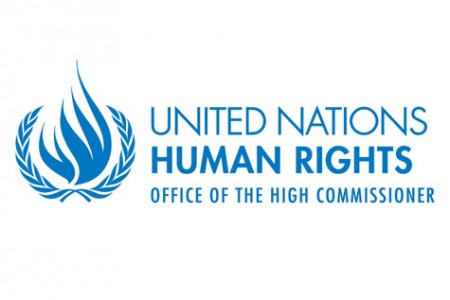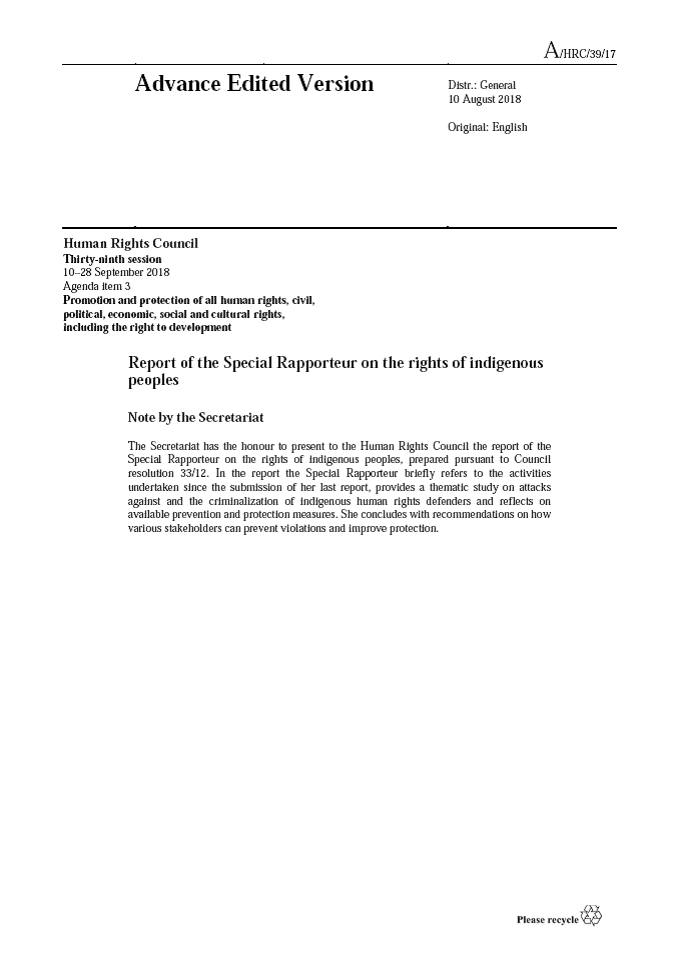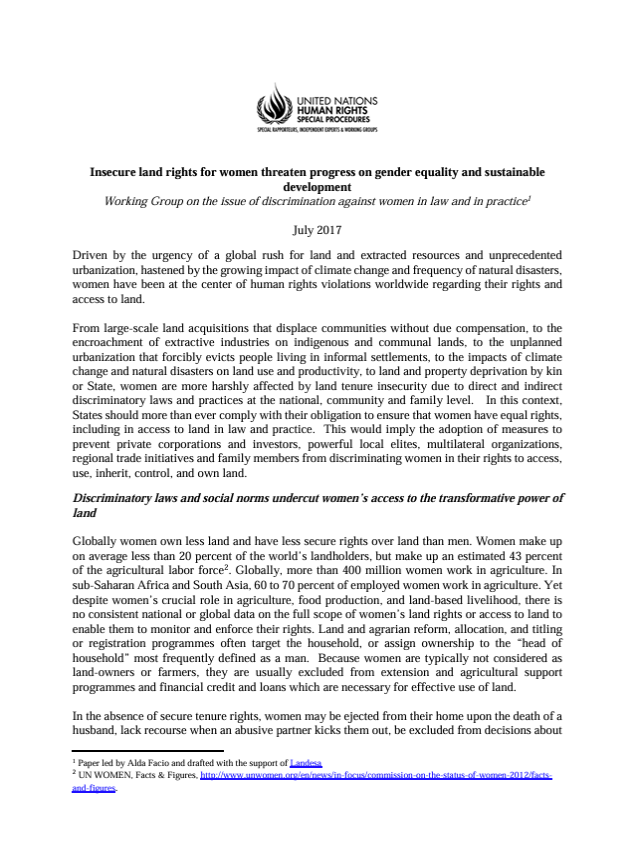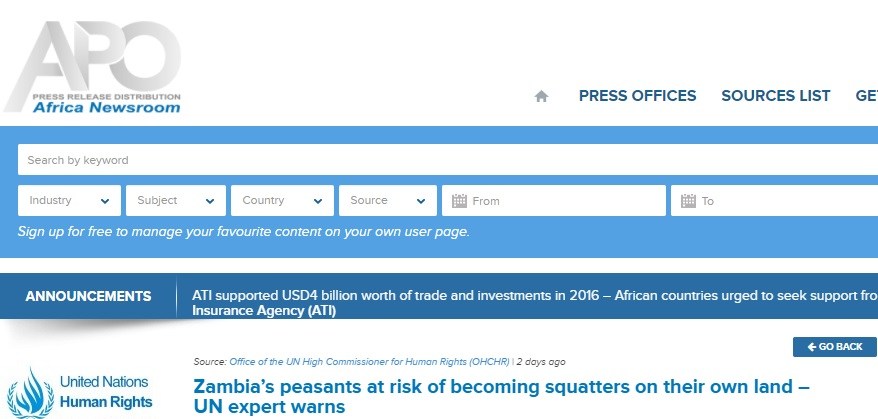The Office of the United Nations High Commissioner for Human Rights (OHCHR) represents the world's commitment to universal ideals of human dignity. We have a unique mandate from the international community to promote and protect all human rights.
Mission Statement
The mission of the Office of the United Nations High Commissioner for Human Rights (OHCHR) is to work for the protection of all human rights for all people; to help empower people to realize their rights; and to assist those responsible for upholding such rights in ensuring that they are implemented.
In carrying out its mission OHCHR will:
- Give priority to addressing the most pressing human rights violations, both acute and chronic, particularly those that put life in imminent peril;
- Focus attention on those who are at risk and vulnerable on multiple fronts;
- Pay equal attention to the realization of civil, cultural, economic, political, and social rights, including the right to development; and
- Measure the impact of its work through the substantive benefit that is accrued, through it, to individuals around the world.
Operationally, OHCHR works with governments, legislatures, courts, national institutions, civil society, regional and international organizations, and the United Nations system to develop and strengthen capacity, particularly at the national level, for the protection of human rights in accordance with international norms.
Institutionally, OHCHR is committed to strengthening the United Nations human rights programme and to providing it with the highest quality support. OHCHR is committed to working closely with its United Nations partners to ensure that human rights form the bedrock of the work of the United Nations.
Members:
Resources
Displaying 1 - 5 of 91Attacks and criminalization of Indigenous Peoples defending their lands and rights
The Secretariat has the honour to present to the Human Rights Council the report of the Special Rapporteur on the rights of indigenous peoples, prepared pursuant to Council resolution 33/12. In the report the Special Rapporteur briefly refers to the activities undertaken since the submission of her last report, provides a thematic study on attacks against and the criminalization of indigenous human rights defenders and reflects on available prevention and protection measures. She concludes with recommendations on how various stakeholders can prevent violations and improve protection.
Mission report of OHCHR rapid response mission to Cox’s Bazar, Bangladesh 13-24 September 2017
...Credible information indicates that the Myanmar security forces purposely destroyed the
property of the Rohingyas, scorched their dwellings and entire villages in northern Rakhine
State, not only to drive the population out in droves but also to prevent the fleeing Rohingya
victims from returning to their homes. The destruction by the Tatmadaw of houses, fields,
food-stocks, crops, livestock and even trees, render the possibility of the Rohingya returning
to normal lives and livelihoods in the future in northern Rakhine almost impossible. It also
Insecure land rights for women threaten progress on gender equality and sustainable development
Driven by the urgency of a global rush for land and extracted resources and unprecedented urbanization, hastened by the growing impact of climate change and frequency of natural disasters, women have been at the center of human rights violations worldwide regarding their rights and access to land.
Zambia’s peasants at risk of becoming squatters on their own land – UN expert warns
The push to turn commercial large-scale agricultural into a driving engine of the Zambian economy, in a situation where the protection of access to land is weak, can risk pushing small-holder farmers and peasants off their land and out of production with severe impacts on the people’s right to food,” Ms. Elver said at the end of her first official visit to the country
Synthesis of key comments and recommendations on Draft Agricultural Land Law
The NGO Forum on Cambodia, in cooperation with the Ministry of Agriculture, Forests and Fisheries, organized a national consultation workshop on 19-20 December 2016 on the sixth version of the draft Cambodian Agricultural Land Law. In addition to inputs from various stakeholders at the workshop, a legal review was conducted with the assistance of Mr. George Cooper, an independent senior legal expert experienced in land policies.






